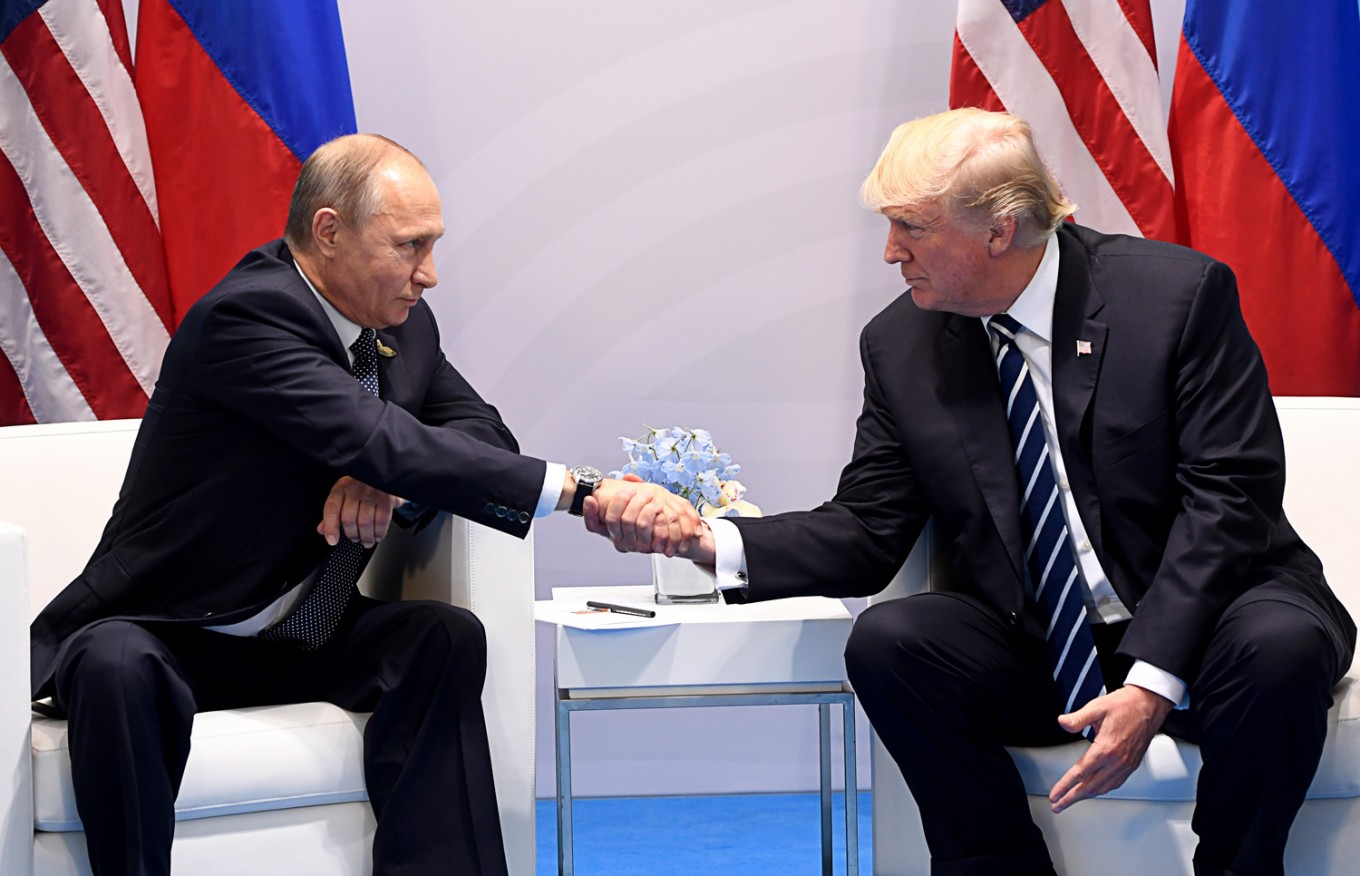Popular Reads
Top Results
Can't find what you're looking for?
View all search resultsPopular Reads
Top Results
Can't find what you're looking for?
View all search resultsHopes fade for TPP breakthrough in Vietnam
Change text size
Gift Premium Articles
to Anyone
T
alks in Vietnam to resurrect a landmark Pacific trade deal rejected by the Trump administration remained deadlocked on Friday, as Canada was accused of stalling for time and hampering the prospects of a breakthrough deal at a regional summit.
The Trans-Pacific Partnership (TPP) was initially a US-led project between 12 nations accounting for 40 percent of global GDP, but deliberately excluding Washington's regional rival China.
It was thrown into disarray when US President Donald Trump abruptly pulled out of the deal at the start of the year, dismaying allies including Japan, Australia, Canada and Vietnam.
Hopes had been high that the remaining countries -- dubbed the TPP-11 -- would be able to hash out a new deal on the sidelines of the annual APEC summit in Vietnam.
They are keen to show the deal can still go ahead without the world's largest economy.
But three days of talks have made little headway, despite premature reports late Thursday that an interim deal had been struck.
Chile's foreign minister Heraldo Munoz said negotiators almost had an agreement nailed down until a last-minute intervention by Canadian Prime Minister Justin Trudeau.
"The Prime Minister of Canada has asked for more time," he told reporters on Friday afternoon, adding that among the demands Ottawa was pushing for were stronger intellectual property protections.
- 'Gold standard' -
The original TPP deal was once described by the US as a "gold standard" for all free trade agreements because it went far beyond just cutting tariffs.
It included removing a slew of non-tariff measures and required members to comply with a high level of regulatory standards in areas like labour law, environmental protection, intellectual property and government procurement.
Canada is keen to strengthen those progressive provisions.
But they are much less attractive to countries like Vietnam, Malaysia, Chile and Peru now that the carrot of access to the US market has been pulled.
Japan, the world's third largest economy, is leading the charge to revive the TPP, concerned that delays could lead to the eventual collapse of the pact.
But there has been much confusion over the progress of talks in Danang, with a string of cancelled press conferences and conflicting statements.
Malaysian Prime Minister Najib Razak said TPP-11 negotiators had been burning the midnight oil until 3am on Friday and planned to meet again in the afternoon.
"I am reasonably confident, I am quite sanguine that we'll get a deal," he added.
However two sources with knowledge of the talks said there was little progress when negotiators met on Friday afternoon.
- 'Metrics changed' -
Without the US, TPP-11 only represents 13.5 percent of the global economy but the remaining countries are scrambling to avoid the deal's collapse, especially given the increasingly protectionist winds sweeping through the United States and Europe.
In an interview with Bloomberg, Australian trade minister Steven Ciobo said Washington's withdrawal had "changed the metrics" for a number of the remaining TPP countries.
He said TPP negotiators were working on ways to "suspend the operation of certain parts" of the original deal in the hope of reaching an agreement over the rest of the pact.
Trump's spectacular emergence has unpicked decades of US-led efforts towards more open global trade and lower tariffs.
Washington's withdrawal from the TPP has paved the way for China to portray itself as the new global leader for free trade.
But critics say Chinese-led initiatives are much weaker on labour and environmental standards.
Both Trump and Chinese President Xi Jinping gave speeches at APEC on Friday that laid out sharply divergent visions for the future of global trade.










